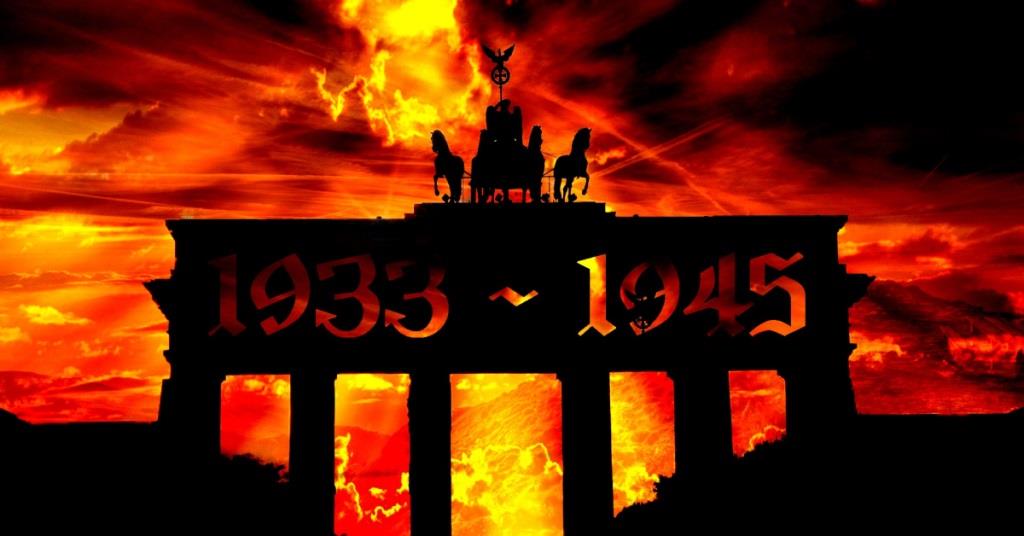I came across an article the other day which got me thinking. Richard Overy, a Professor of History at the University of Exeter wrote an article for History Today. He questioned the indiscriminate use of the word “Nazi” to describe “anything to do with German institutions or behaviour in the years of the dictatorship between 1933 and 1945” – for example, “Nazi Army”, “Nazi Luftwaffe”, “Nazi spies”.
Overy pointed out that the term “Nazi” was an abbreviation of the name for a political party – the National Socialist German Workers Party (NSDAP). Certainly there were many notorious organizations that were run under the umbrella of the Nazi party: the paramilitary Schutzstaffel (SS), the state police – Geheimstaatspolizei (Gestapo) and the intelligence organization -Sicherheitsdienst (SD). Horrific things happened under the auspices of the Nazi party – no question.
But not all German institutions were run by the Nazis. The German Army, for example, was not a Nazi organization. The Abwehr was also not run by the Nazi party and actually seems to have been a haven for anti-Nazi officers.
It does however seem that it is easier to tar all Germans with the same paintbrush. Simpler to refer to “Nazi spies” than to delve into the complexities of individual human motivations under a brutal dictatorship.
Was Josef Jakobs a “Nazi spy” or a “German spy”. Does it matter? Is it just semantics? Or is it a lesson from the past, bearing a message for the people of today. Truth is… it seems that our tendency to tar all individuals of a certain ilk with the same brush is not a thing of the past.
Are all Afghans Taliban?
Are all Muslims terrorists or extremists?
Are all Scots separatists?
Are all Russians communists?
Are all American police officers racist?
Are all Indian men rapists?
Are all priests pedophiles?
Overy’s article triggered this musing. He also made the point that indiscriminate use of the term “Nazi” for all things “German” during the 1933-1945 period tends to muddle our historical understanding of what preceded the Nazi regime and what came afterwards. In his words: “Sloppy language is nevertheless an enemy to proper historical explanation. It is not mere nit-picking to argue that ‘the Nazi army’ or ‘Nazi industry’ are meaningless terms, but instead a recognition that the popular obsession with everything as ‘Nazi’ fails to advance our understanding of how the dictatorship was possible and how its historical impact on German society can be judged.” Which makes me wonder how the history of 9/11 or 7/11 will be written?
N.B. 2021 10 19 – I wrote a follow-up blog a few years after this one, examining some of the distinctions in German organisations – the German Abwehr, for instance (military intelligence) was NOT synonymous with the SS (Nazi Schutzstaffel).
